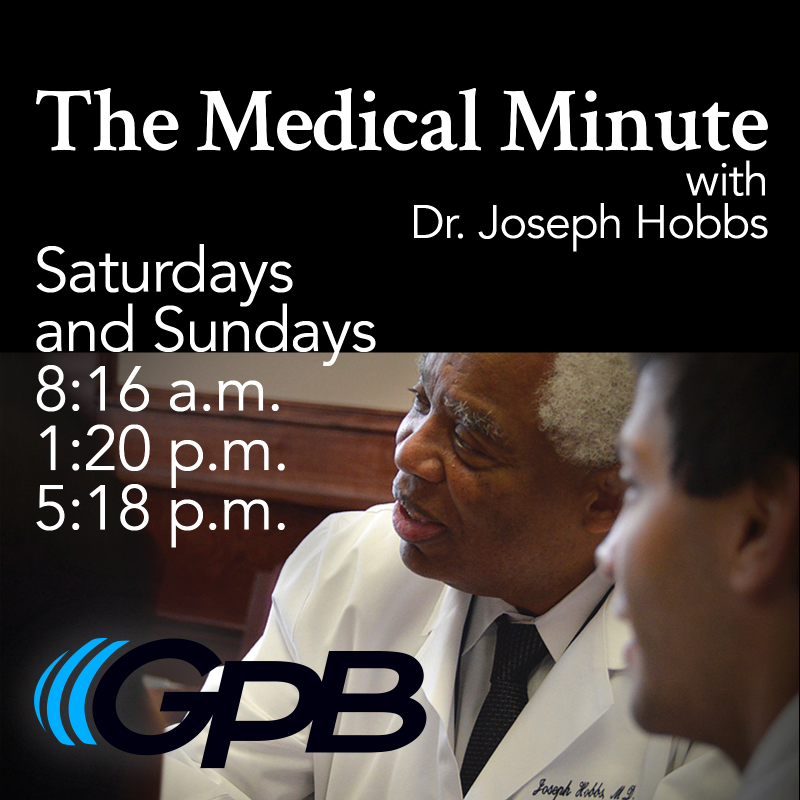Section Branding
Header Content
Medical Minute: Role Of Exosomes In Magnifying The Damage Caused By Strokes
Primary Content
We’ve talked about nanometer-sized suitcases called “exosomes” which carry cargo like proteins and fats that our cells swap.
Well now there’s evidence that one thing “exosomes” may help deliver after a stroke is worse damage. Scientists have found that after a stroke, the usual smooth label that indicates where an exosome is headed, becomes sticky.
So “exosomes” can start accumulating on the also usually smooth lining of blood vessels. "Exosomes” also pick up a sticky peptide sequence called RGD which causes passersby like platelets to start sticking as well. This can result in another significant obstruction of blood flow through the tiny vasculature in our brain. The scientists are pursuing synthetic “exosomes” that can compete for the sites where sticky ones collect, or help internalize their sticky labels.
In this week’s Medical Minute, Dr. Joseph Hobbs, chairman of the Department of Family Medicine at the Medical College of Georgia at Augusta University, discusses the role nanometer-sized suitcases called “exosomes” play in magnifying the damage caused by strokes.
The Medical Minute airs at 8:18 a.m., 1:20 p.m. and 5:18 p.m. every Saturday and Sunday on 17 GPB radio stations across Georgia. For more Medical Minute episodes, visit the Medical Minute 2020 SoundCloud page.

